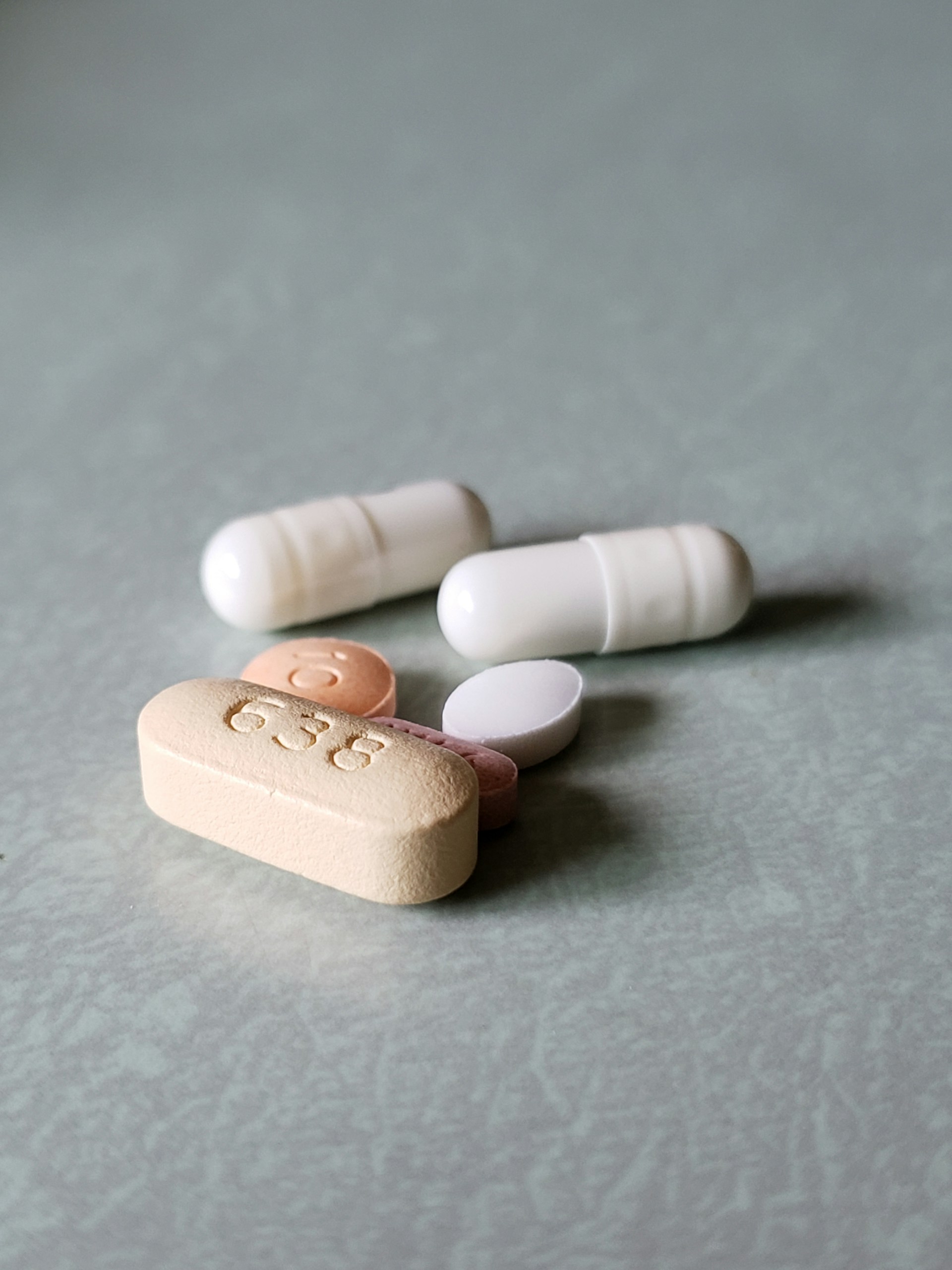It’s Okay to Take Medication

How many times have you heard these statements?
“Because of [something], I was able to get off my meds.”
“Big Pharma and the “healthcare” industry just want Americans addicted to drugs.”
“Coffee is my happy pill.”
“I used to care, but now I take a pill for that.”
Now… how many times have you argued against them?
Probably not much.
The first two statements are often celebrated as successes, as empowered realizations of either your body’s natural potential or your own mental acuity. Too smart for Big Pharma’s tricks, you are!
The last two are just jokes, but they’re incredibly ableist ones.
The problem is that these statements, inadvertently or otherwise, stigmatize a reliance on medication. They imply that people who do take prescription drugs are weak-willed, not trying hard enough to get off their drugs, don’t actually need them (“happy pills”), and/or have been duped by the system.
Clearly, the American healthcare industry is deeply flawed. Drug companies, like any other business, are profit motivated above all else… and they happen to provide a service most people can’t opt out of or go elsewhere for. Before the Affordable Care Act, half of American bankruptcies were because of medical debt, and nobody invests in treating or curing diseases there isn’t an overwhelming market for, even when those diseases cost or ruin lives and could be easily fixed. Over-prescribing has led to antibiotic resistance and the opioid epidemic, both of which have already had devastating consequences. And though Martin Shkreli was recently sentenced to prison, it wasn’t for raising the price of a life-saving AIDS medication by 5,000%–it was for defrauding his investors. If that didn’t make it clear enough where our priorities lie, Alex Azar was one of the pharmaceutical leaders responsible for the exploding price of insulin, but now he’s serving as our Secretary of Health and Human Services.
We could talk about how privatizing healthcare to remove the profit incentive would return the focus to health outcomes, but let’s not forget that most doctors really do want to treat your health problems. They don’t usually prescribe something you don’t need and if you can’t afford a medication they do want to prescribe, they’ll usually work with your insurance company to find an alternative. The system may have some serious problems, but that doesn’t mean everyone and everything within it is out to get you.
Neither are most people taking pills like candy. Most people don’t want to spend their money on pills and risk unwanted side-effects. Drugs are often a last-ditch effort to solve a problem nothing else has fixed. Even the controlled ones, like opioids and stimulants, exist to solve a problem that some people–almost all of the people prescribed them–legitimately have.
“Getting off my medication” is the ultimate goal for many patients, probably because it’s the most concrete metric of our health and success with lifestyle changes. You’d save money, wouldn’t have to remember to take a pill every day, and it would mean your symptoms–if not the underlying condition–are gone. Who wouldn’t want that?
But it’s okay if you don’t get there. The point of medication isn’t to numb your pain and sorrows at any cost (“I used to care, but now I take a pill for that”), but to allow you to function despite them. And some people really can’t function without medication. Our bodies just aren’t built that way.
If you need birth control to regulate your cycle and prevent painful ovarian cysts or treat endometriosis…
If you need insulin or thyroid, sex, or growth hormones because your body doesn’t produce its own…
If you need painkillers because you’d otherwise be in too much pain to get out of bed…
If you need anti-depressants, ADHD, or anti-anxiety medication to keep your neurotransmitters in balance so you can get through the day and sleep at night…
If you need a prescription to keep your bowels moving because of the damage done by years of untreated gastrointestinal disease…
If you need a CPAP machine because your airway closes up when you sleep…
You should be able to access and afford that, stigma-free, and you shouldn’t feel ashamed or disappointed by that.
Not every health problem has a pill that helps you better engage with the people you love, the work you do, and the hobbies you enjoy, but for those that do, the option can absolutely be a blessing. Some things just can’t be fixed by diet, exercise, time, or willpower.
And if you want to rail against Big Pharma and runaway healthcare costs, I’m with you! They’re huge problems that won’t go away on their own. But maybe we can talk about those problems in a way that doesn’t stigmatize the people Big Pharma is actually helping, including ourselves.
It’s okay to take medication.
Need Help Meal Planning?
Feeling uninspired in the kitchen? It helps to have a plan. Real Plans will create a custom meal plan and shopping lists for your family’s size, schedule, and needs. Keep the ball rolling with new, exciting recipes!

